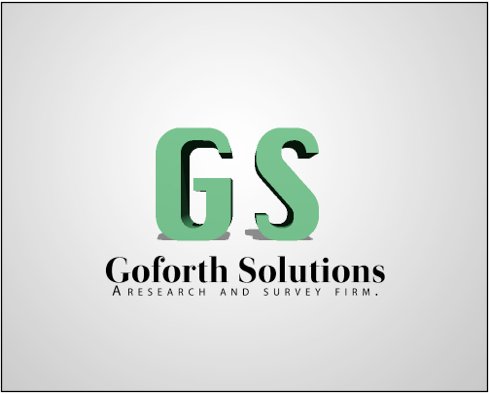Tue, July 16 - Introduction to Reporting on AI
What: This course is designed for reporters interested in getting started but with minimal or no knowledge of artificial intelligence. We will begin with the basics, covering the history of AI, how the technology works, and key technical concepts such as “neural networks” and “deep learning.” We will also dissect what makes a good AI accountability story, from quick turnaround stories to more ambitious investigations, and dig deeper into a few examples. At the end of the course, those who are interested in learning more are encouraged to register for the AI reporting intensive.
Who: An Amsterdam-based AI and technology reporter Gabriel Geiger
When: 7 am, Eastern
Where: Zoom
Cost: Free
Sponsor: Pulitzer Center
More Info
Tue, July 16 - Trauma-Informed Storytelling in Action
What: This session will explore trauma-informed storytelling, a safe and healthy process for your beneficiaries, audiences, and even storytellers. You’ll be equipped with actionable insights and tools to tell trauma-informed and ethical stories that have a huge impact. Participants can expect to gain an understanding of why trauma-informed storytelling matters, learn about the three kinds of people impacted by a story, and leave with resources, tools and actionable steps to integrate trauma-informed practices into your role.
Who: Maria Bryan, Kindsight
When: 12 pm, Eastern
Where: Zoom
Cost: Free
Sponsor: The Nonprofit Learning Lab
More Info
Tue, July 16 - 5 Ways to Improve Your Website For Better Marketing And Sales
What: This webinar is tailored to business owners at all stages and will delve into strategies to elevate and automate your online presence. He will offer practical tips on an easy-to-understand level, covering topics such as his favorite website platform and theme, as well as how to harness the power of video marketing, optimize user experience, and implement effective sales funnels. Whether you’re just starting out or seeking to refine your digital strategy, this webinar offers practical insights to enhance your website and drive business growth.
Who: Jeff Long, founder of True Focus Media
When: 12 pm, Eastern
Where: Zoom
Cost: Free
Sponsor: Temple University Small Business Development Center
More Info
Tue, July 16 - How to amp up your reporting using LexisNexis tools
What: You’ll learn how award-winning journalists conduct deep-dive backgrounding on people and subjects, how they get names and numbers from LexisNexis’ list of 800 million profiles, and how they use paywalled content and trade journal expertise to generate story ideas and fresh angles. You don’t have to be a LexisNexis subscriber to attend or benefit from this webinar. Our expert panelist will share his screen and walk you through this trove of source material. If you are a LexisNexis subscriber, you can follow along on your own computer.
Who: Barbara Mantel is AHCJ’s health beat leader for freelancing. Brad Hamilton runs an award-winning digital newsroom, The Hatch Institute.
When: 1:30 pm, Eastern
Where: Zoom
Cost: Free
Sponsor: Association of Health Care Journalists
More Info
Wed, July 17- How to use AI to help with grant writing
What: A live demo and tips on using generative AI tools to brainstorm and refine grant applications. Participants will learn how AI can facilitate the grant writing process, with a focus on practical applications and examples, particularly from small local newsrooms that have successfully used AI to help with their grant applications.
Who: ICFJ Knight Fellow and Newsroom Robots Podcast Host Nikita Roy.
When: 3 pm, Eastern
Where: Zoom
Cost: Free
Sponsor: Online News Association
More Info
Wed, July 17- Dashboards: Making Your Data Work for You
What: Learn how to make your data – from community impact to financial information – more digestible and useful for making decisions. In this webinar, we’ll discuss the purpose and use of dashboard reports, learn the components of useful dashboard reports, and share some examples.
Who: Catherine Menick
When: 11 am, Pacific
Where: Zoom
Cost: Free
Sponsor: Propel Nonprofits
More Info
Thu, July 18 - Harnessing AI & Machine Learning in Customer Data Platforms for Dynamic Campaign Activation
What: Explore CDP data integration empowered by AI and ML technologies. Through real-world examples, we'll explore how AI and ML enhance the functionality of CDPs, enabling marketers to extract actionable insights, personalize campaigns, and optimize customer experiences.
Who: Frances Davis, Vice President, Integrated AI Marketing & Analytics, Excelligence Learning Corporation Stephen Easter, Director, Analytics Services, Anteriad
When: 3 pm, Eastern
Where: Zoom
Cost: Free
Sponsor: Association of National Advertisers
More Info
